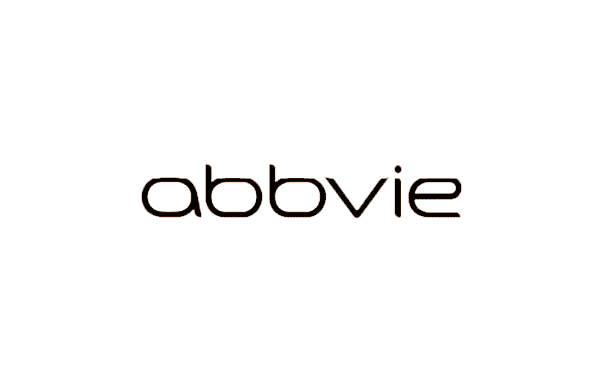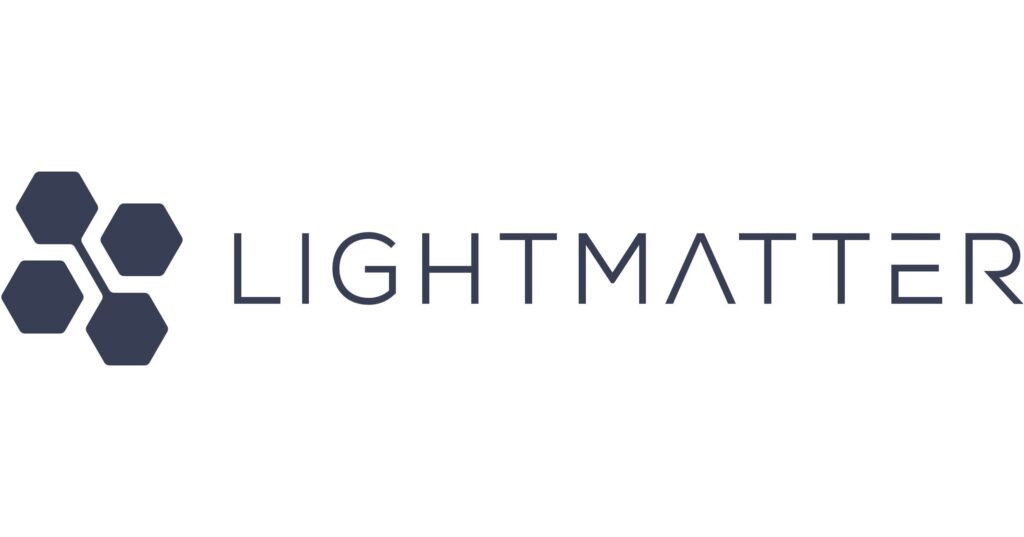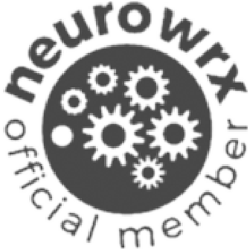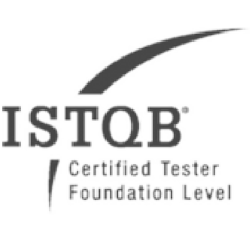What is self-care and why is it important for our overall health? Self-care, as defined by the Crisis and Trauma Resource Institute* in Minneapolis, MN, includes all the things you do to take care of your well-being in four key areas – emotional, physical, psychological, and spiritual health. Self-care includes all of the steps a person can take to manage stressors in their life and take care of their own health and well-being. Common examples of self-care include establishing a healthy sleep routine, eating a healthy and varied diet, engaging in hobbies, socializing with desired friends and family members, traveling, or reading a favorite book. The routines and practices which help maintain or improve emotional, physical, psychological, and spiritual well-being can look different for everyone. For activities or practices to be meaningful as self-care, the behavior should promote health and happiness for that particular individual. Even occasional self-indulgences, such as eating a favorite, special dessert, are considered self-care if kept in moderation and within one’s’ health guidelines.
Self-care can be challenging for autistic adults due to having to also manage triggers, sensory challenges, and/or mental health issues which many neurotypical adults may not be facing. Some suggested self-care tips for autistic adults include:
- Soothing the senses by knowing and accommodating ones’ own sensory needs
- Becoming more mindful of oneself via meditation, breathing exercises, or exploring mindfulness-based stress reduction techniques.
- Breaking down stressful tasks into more manageable and smaller parts.
- Creating an individualized “tool box” that contains items which are helpful in calming or achieving self-regulation (ie- fidgets, hand cream, candles, books)
- Be kind, patient, and understanding to yourself instead of being overly-critical or negative. Remember to talk to yourself as you would to a friend who needs comforting and understanding!
*Crisis and Trauma Resource Institute (Crisis and Trauma Resource Institute website)
By: B. Goldin, June, 2022



















